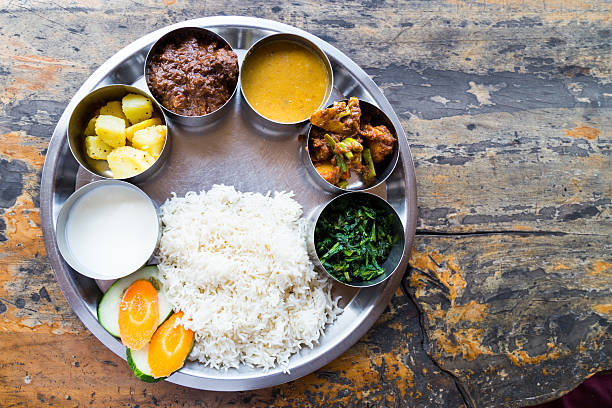Currently, China is the world’s leading tea producer. However, India isn’t far behind in second, and it has a prestigious history with both the plant and the drink. In fact, to find the beginning of the story, you would have to go back to British colonial rule. Now, India is responsible for many tea variations, including, Nilgiri, Darjeeling, Kashmiri Kahva, and Kangra. However, Assam is probably the most famous and popular tea variety in India.
Not only do people in India revel in the luxurious smell and flavour, but it’s also a desired tea all over the world. What’s the story behind Assam tea?
Origins
During a visit to Rangpur in the 1820s, a Scottish adventurer first noticed the plants. Robert Bruce was visiting on a trading mission when he discovered the plants growing in the wild; after being put into contact with the local Singpho chief, Bruce learned that local tribes made tea from the leaves. After speaking with the chief, Bruce was allowed to take some leaves as he wanted to have them explored by scientists and industry experts.
Sadly, Robert Bruce passed away before anything could happen, but the mantle was picked up by his brother, Charles. After sending some leaves to a Calcutta botanical garden, it eventually became Camellia Sinensis (Assamica), a classified variety of tea.
Experts found that the plants growing in Rangpur had similarities to those found in Chinese tea gardens. Eventually, a commercial plantation opened, which laid the foundation for the Assam tea that people worldwide enjoy today.
Every year, the Rangpur region in India produces around 400 million kilograms of Assam tea across over 2 million hectares. In total, over 100 tea estates produce Assam tea, and it’s the flavour that keeps people coming back not only in India but all around the globe.
Flavour and Benefits
If you’ve never had Assam tea before, it can be pretty surprising when taking the first sip. Above all else, Assam tea is strong with a malty flavour. It’s a bold tea and, therefore, not to everybody’s taste. For those who like lighter tea, you might not enjoy the rich flavours of Assam tea. If you’ve ever had Irish Breakfast Tea or English Breakfast Tea, you’ve probably had Assam black tea because this is used in the making of the two drinks.
In terms of health benefits, Assam tea is good for overall heart health while also engaging the brain. With a high level of caffeine in Assam tea, it’s a great breakfast drink to give you energy. Most drinkers of Assam tea find that they’re more productive in the mornings after starting their day with a cup.
With a rich flavour and plenty of caffeine, it’s almost a middle ground between tea and coffee. The difference between coffee and Assam tea is that the caffeine releases over a longer period. Therefore, you aren’t left with a sudden rush (and the inevitable crash). Instead, the caffeine releases steadily, and you can stay focused at work.
Of course, you don’t have to drink Assam tea for work purposes, and some people just love the flavour even if they have plans to do nothing throughout the day.
With this, you should now have everything you need to know about Assam tea from Northeast India. As a black tea, you typically drink it without milk, but there’s no reason why you can’t add milk to accompany your breakfast.


